"Dear Saints Faustinus and Jovita, Intercede for us with your steadfast faith and courage. Help us to live with love and devotion to God, and to remain strong in the face of challenges. May your example guide us to a life of holiness and grace. Through your prayers, may we receive strength and peace. Amen."
ST. FAUSTINUS AND JOVITA
ST. FAUSTINUS AND JOVITA
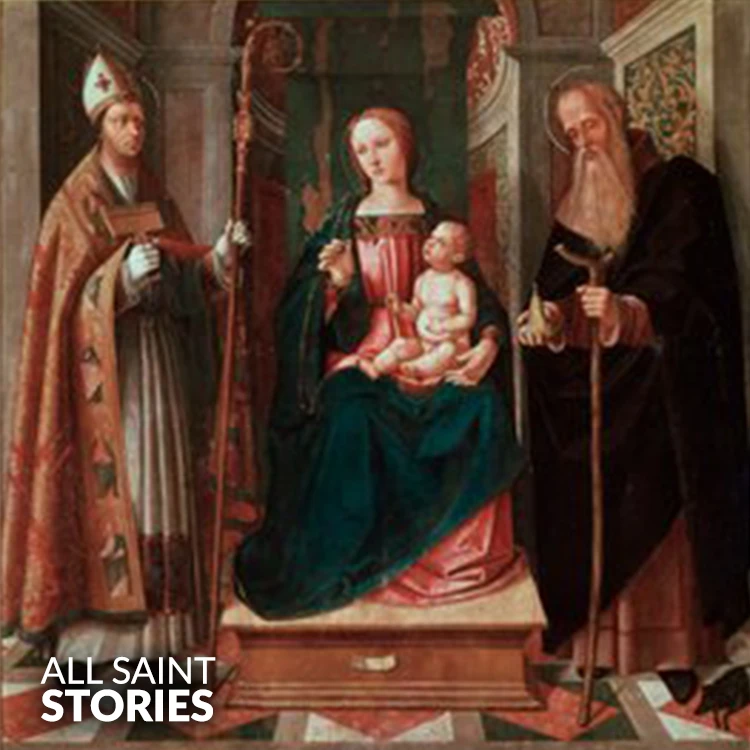
St. Faustinus and St. Jovita were brothers from Brescia, Italy, who devoted their lives to preaching the Gospel. During the reign of Emperor Hadrian, they were arrested, tortured, and ultimately executed for their unwavering faith in Christ. They are venerated as martyrs of the early Church, and their feast is celebrated on February 15.
St. Faustinus and St. Jovita were brothers and Christian preachers who lived in Brescia, Italy, during the 2nd century AD. Faustinus, believed to be a priest, and Jovita, possibly a deacon, actively spread the teachings of Christ despite the severe persecution of Christians under Emperor Hadrian (117–138 AD).
Their bold evangelization drew the attention of Roman authorities, leading to their arrest and imprisonment. Despite being subjected to brutal torture, including being thrown to wild animals, they miraculously survived, strengthening the faith of many who witnessed their courage.
Even after repeated attempts to force them to renounce their faith, they remained steadfast, proclaiming Christ's message of salvation. Eventually, both were beheaded around the year 120 AD, becoming martyrs for the Christian faith. Their heroic sacrifice inspired many early Christians, and their names have been honored in the Church ever since.
The relics of St. Faustinus and St. Jovita are enshrined in Brescia, Italy, where they remain highly venerated. They are considered patrons of Brescia and are invoked for protection against persecution.
Video Not Found
The information on this website is compiled from various trusted sources. While we aim for accuracy, some details may be incomplete or contain discrepancies.
If you notice any errors or have additional information about this saint, please use the form on the left to share your suggestions. Your input helps us improve and maintain reliable content for everyone.
All submissions are reviewed carefully, and your personal details will remain confidential. Thank you for contributing to the accuracy and value of this resource.
Credits & Acknowledgments
- Anudina Visudhar (Malayalam) – Life of Saints for Everyday
by Msgr. Thomas Moothedan, M.A., D.D. - Saint Companions for Each Day
by A. J. M. Mausolfe & J. K. Mausolfe - US Catholic (Faith in Real Life) – Informational articles
- Wikipedia – General reference content and images
- Anastpaul.com – Saint images and reflections
- Pravachaka Sabdam (Malayalam) – Saint-related content and insights
We sincerely thank these authors and platforms for their valuable contributions. If we have unintentionally missed any attribution, please notify us, and we will make the correction promptly.
If you have any suggestion about ST. FAUSTINUS AND JOVITA
Your suggestion will help improve the information about this saint. Your details will not be disclosed anywhere.
© 2026 Copyright @ www.allsaintstories.com

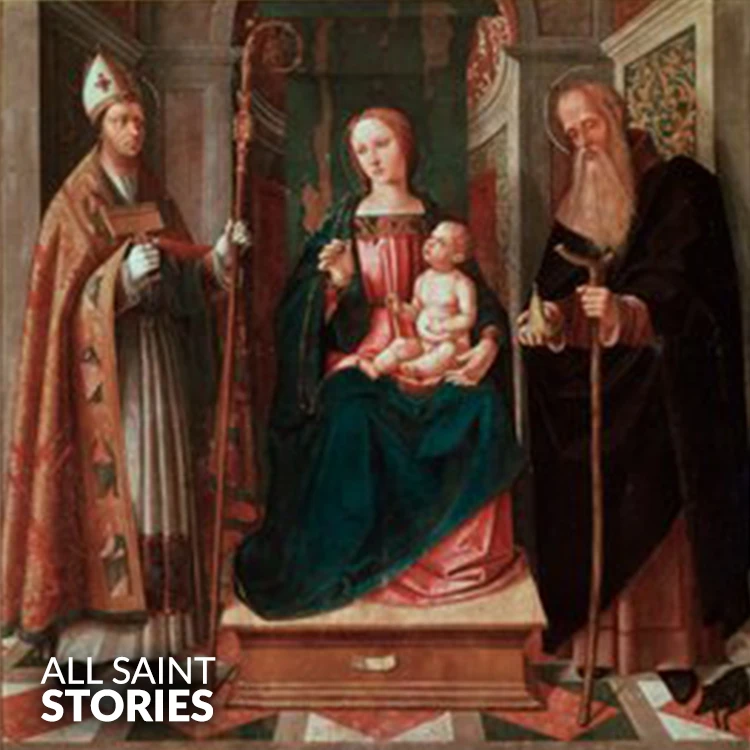
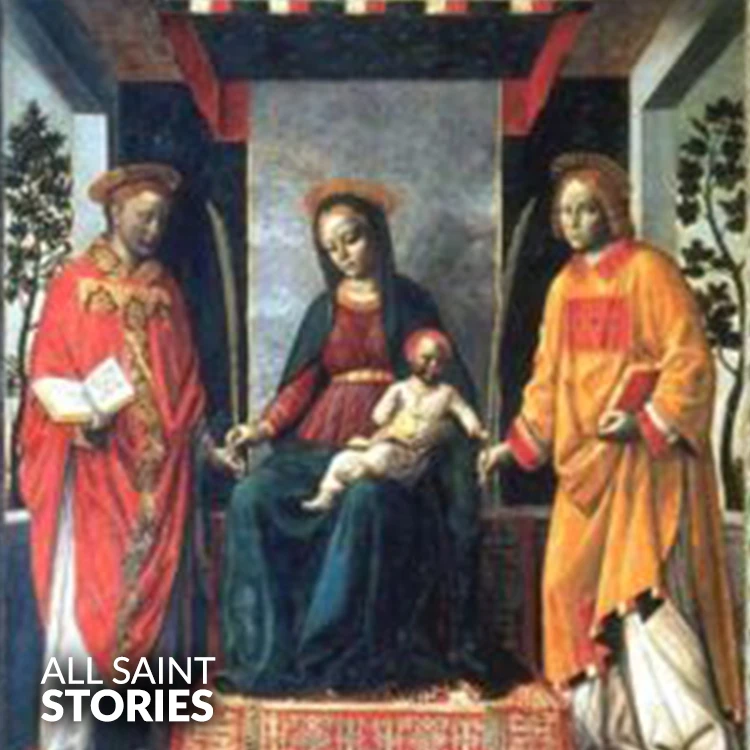
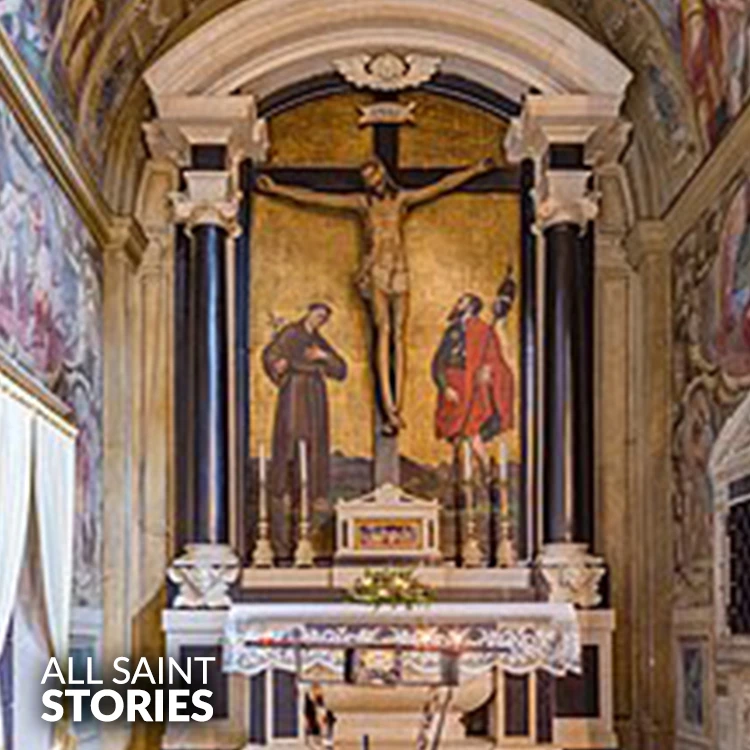
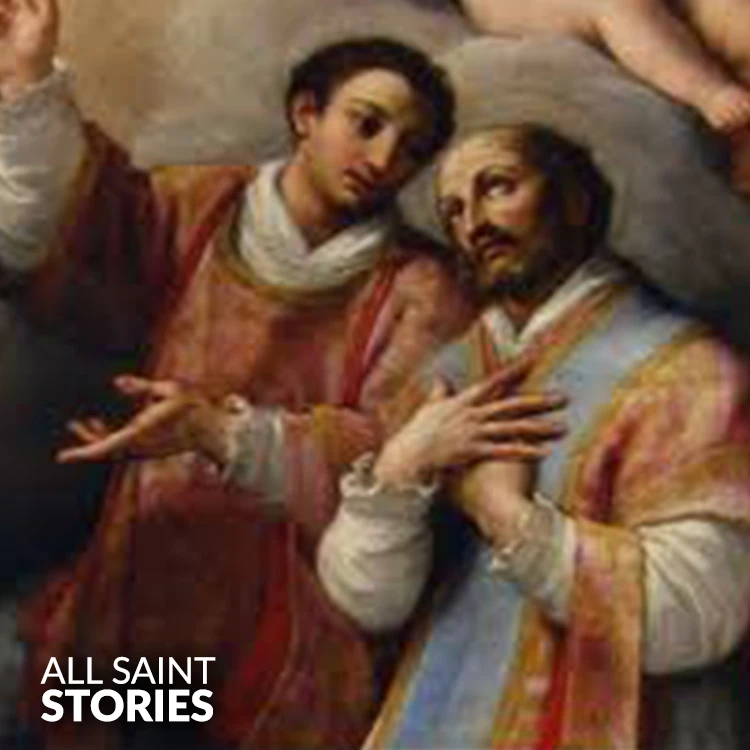
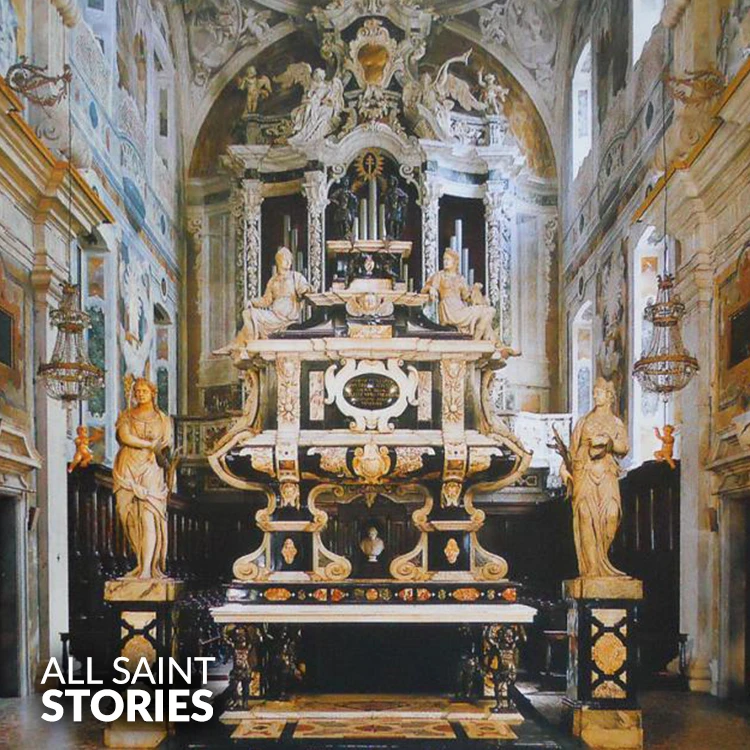

 English
English
 Italian
Italian
 French
French
 Spanish
Spanish
 Malayalam
Malayalam
 Russian
Russian
 Korean
Korean
 Sinhala
Sinhala
 Japanese
Japanese
 Arabic
Arabic
 Portuguese
Portuguese
 Bantu
Bantu
 Greek
Greek
 German
German
 Dutch
Dutch
 Filipino
Filipino